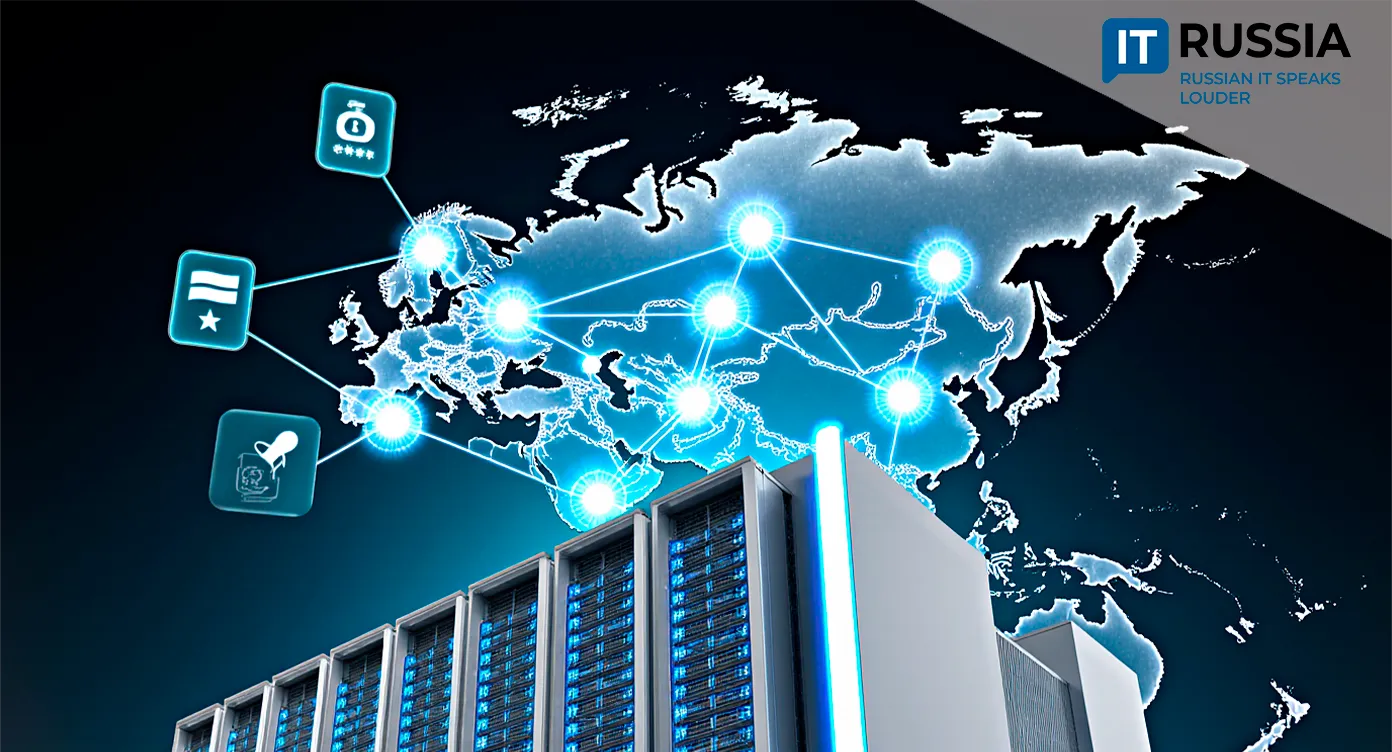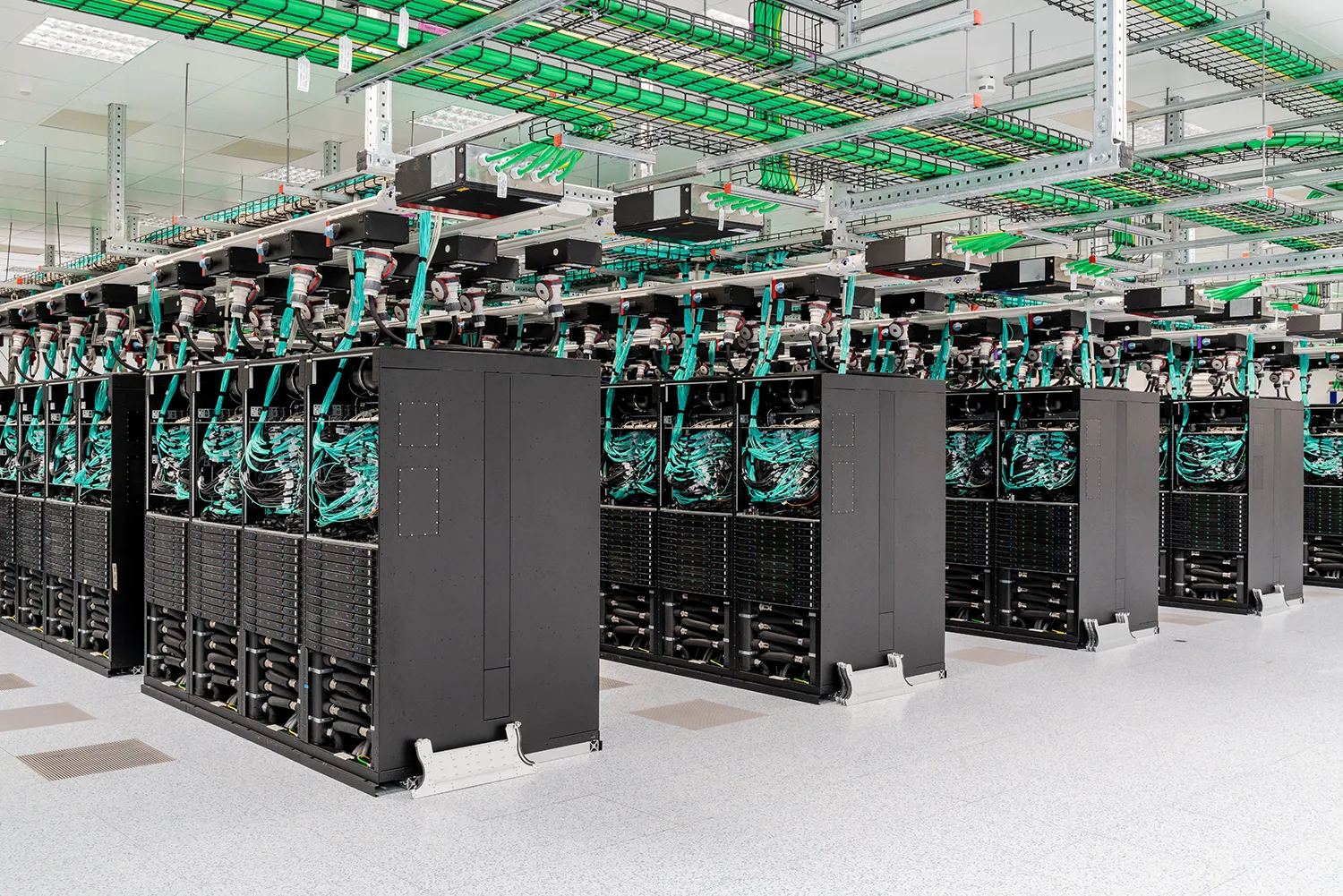Russia to Launch Unified Data Center Registry
Russia is preparing to introduce a national registry of data centers, a move designed to increase transparency, standardize reliability requirements, and boost trust among market participants and investors.

All Information in One Place
Russia is rapidly expanding its network of data centers serving companies across diverse industries. New facilities are appearing regularly. But how can one assess the reliability of a particular DC? To address this, the Ministry of Digital Development has proposed creating a registry that consolidates information on all operational data centers in the country.
The registry aims to provide systematic accounting and improve trust in services offered by DCs. Submission of information will be voluntary. The initiative is regulated by Federal Law No. 244-FZ, adopted in July 2025, which for the first time defines the concept of a data center at the national level.

Multiple Levels of Reliability
“The registry will have two sections. The first will include data centers providing commercial services, and the second—those operating solely for the needs of one or several affiliated organizations. Each section will have subsections specifying reliability levels: highest, high, and medium,” the ministry explained.
The registry may also list centers whose reliability levels have not yet been determined at the time of application. Operators will be able to declare the classification themselves, after which a special expert council will verify compliance.
According to Sergey Makhlín, head of the Data Center Expertise Center at K2Tech, the registry opens new opportunities for owners of DCs. It simplifies participation in government tenders, boosts credibility with investors and clients, and could establish unified requirements for infrastructure and security.

Systematizing the Industry
RTK-DC representatives stress that a unified registry marks an important step in structuring the data center industry. It will create a comprehensive and verified list of operators whose infrastructure meets accepted standards of reliability and safety.
Such a system will provide government and market players with validated data about trusted operators. Importantly, participation remains voluntary, allowing businesses flexibility in deciding whether to join.
No Entry for Miners
Another key provision is that data centers listed in the registry will be legally defined as part of communications infrastructure. As such, cryptocurrency mining equipment will be explicitly banned from placement in registered facilities.
The ban is intended to prevent miners from attempting to access tax benefits or regulatory exemptions that apply to communications infrastructure. It also helps reduce stress on Russia’s power grid. Already, energy companies require DC operators to prove they are not miners before connection.

The creation of a registry also makes the Russian digital market more attractive to foreign investors. By providing verified information, potential backers can confidently evaluate infrastructure projects. The registry will also serve as a map of facilities, helping identify optimal regions for new development. Ultimately, Russia will be able to increase computing power while avoiding grid overloads.










































